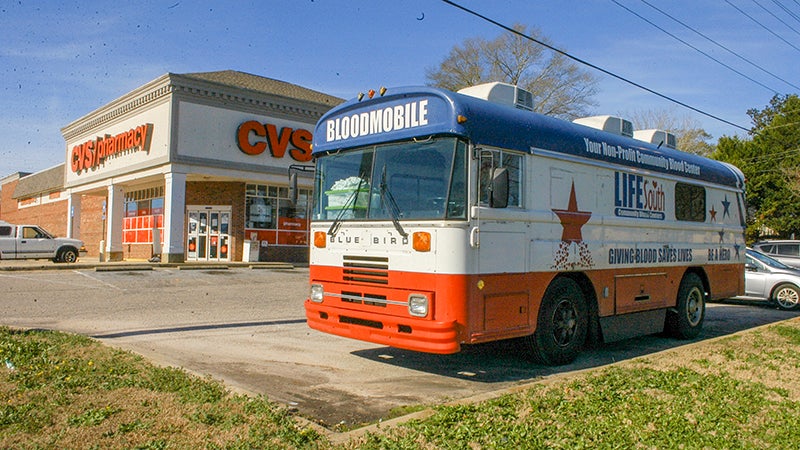County receives grant money for juvenile programs
Published 6:34 pm Friday, January 25, 2019
LaFAYETTE — The Chambers County Commission recently approved grant funding from the Alabama Department of Youth Services to help bolster the programs meant to keep youth out of the court system.
The $75,000 grant money, according to County Attorney Skip McCoy, will be put directly into rehabilitation programs for individuals ages 13 to 18.
“This is an alternative for the court system,” McCoy said. “Instead of placing youth in the Department of Youth Services, this gives them the opportunity to be rehabilitated with different types of programs.”
Chambers County’s Chief Juvenile Probation Officer Lynda Whaley explained that the programs range from counseling to community service. Whaley and case managers use the money and programs to keep them out of the state facilities.
“We try to get them intervention now so that we don’t have to put them into state custody,” Whaley said. “All of them have come through the juvenile court … and most of the children are placed on probation. When the children are violating their probation or we see that they need more, these programs … are for that.”
The grant money was given to smaller counties around the state to act as a long-term way to keep delinquent children out of the system.
“The larger [counties] have a lot more resources than we do,” Whaley said. “[DYS] said ‘hey, why don’t we give some of these smaller counties grants to try and see if we can cut down on the number of commitments that we have.”
Whaley said Chambers County will benefit from the extra funds because of their limited resources and the ever-growing number of children coming through the court system. The only local detention space paid for by the county are two beds in the Lee County Youth Development Center.
These recently funded rehabilitation programs give juveniles more of a chance to avoid being sent to larger, state-funded facilities like Pathway Youth Service or The Bridge substance abuse facility in Gadsden.
There is no set amount of time that juveniles go through the programs. While they are taking part, program participants will be randomly drug tested, must check in with the county and will receive home visits from caseworkers.
“When you go into the home, you find out a lot,” Whaley said. “You see a lot when you go into the homes that you don’t see when they come to report into us.”
Whaley said that the goal of local juvenile services is to rehabilitate the minors appropriately so that they can avoid falling victim to the penal system. The funding from the state, she said, will do a lot in ensuring they can continue to do that.
“We try to take the time with each child and each family and not just rush them out of our offices,” she said. “We do the best we can with what resources we have.”




